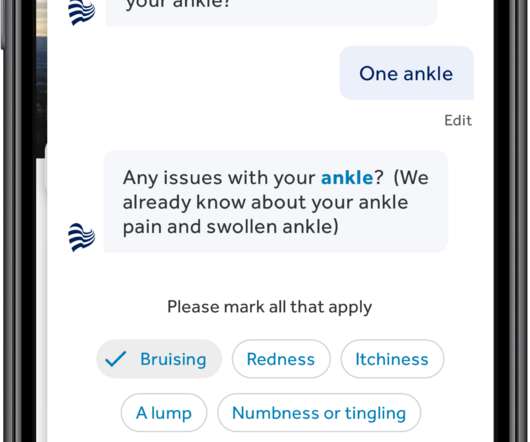Philips’ Future Health Index 2019 report focuses on the role digital health technology plays in improving both the clinician and patient experience
Lloyd Price
JUNE 11, 2019
Royal Philips, a global leader in health technology, today announced the publication of its Future Health Index (FHI) 2019 report: ‘Transforming healthcare experiences: Exploring the impact of digital health technology on healthcare professionals and patients’ [1]. in their native language.













Let's personalize your content